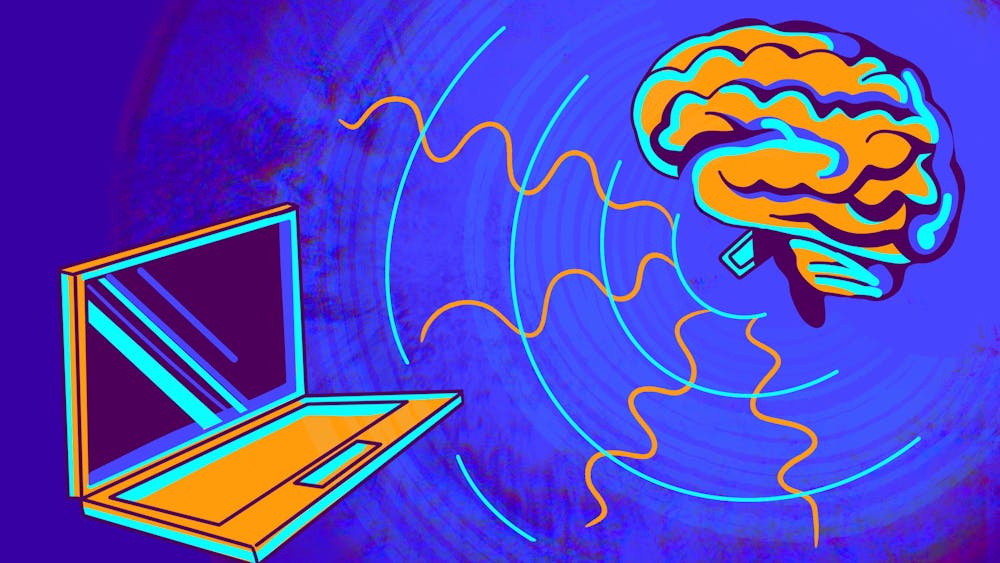There’s a lot of excitement about the science of the brain these days. But too much of a good thing can make you sick.
Neuroscience, which is the scientific study of the nervous system, is how we can begin to understand how the human brain works. Scientists have made advances in understanding parts of the human body from the basic cellular units of the brain, the neuron, to our genes.
In addition, with our ever-increasing knowledge of social and behavioral sciences, we have gained a lot of insight into human behavior. Neuroscience gives us empirical evidence for how the brain influences that behavior.
As Barry Swartz, a psychology professor at Swarthmore College, told bigthink.com, “If it’s the brain, it must be science, and if it’s science, it must be true.”
But let’s remember that we’re all more complicated than a bunch of neurons and genes. We should still be skeptical of the findings of neuroscience, like all fields of science. The brain isn’t simple, and neither is our behavior.
Empirical evidence only tells us how specific neurons and genes work. The findings of neuroscience — even at the smallest, most fundamental level — are often superficial, unreliable, inaccurate and, at best, rough guesses of our complicated behavior.
Studies try to explain the science of sex, procrastination, lying and everything else about us using neuroscience. But these conclusions are exaggerated and misleading. We’re not robots controlled by neurons and genes of the brain. We still have rational consciousness when making decisions, acting on emotions and reacting in social situations.
Neuroscience doesn’t tell scientists enough to describe complex behavior that makes us human beings. Let’s not believe the hype.
In 1993, scientists used brain science to claim listening to the music of Mozart increased mental activity, and the public believed listening to classical music would turn them into Einsteins. Sales for classical music skyrocketed, but the claim was false and scientists misled the public by telling them what they wanted to believe.
The “Gay Gene” also bought into the false hype. In the 1990s, when scientists discovered a difference in the genes of gay and straight men, we thought we understood the scientific cause of homosexuality.
The LGBTQ community triumphantly rallied they were “born this way” as though science had discovered the genetics of sexuality.
However, the genetic link was weak, and the results were inconclusive. The scientists did not prove homosexuality was genetic, nor that gay people are “born this way.”
Scientists began the Human Brain Project, a large-scale worldwide collaboration to model the infrastructure of the brain in 10 years, in 2013.
The project garnered support through advocacy and charisma. Scientists claimed we would understand perception, behavior and even mental illnesses like dementia or schizophrenia.
But many neuroscientists warned re-creating the brain at the most fundamental level would tell us nothing about cognition, memory or emotion the same way copying the hardware in a computer would tell us little about the complex software running on it, according to scientificamerican.com.
In light of this, more than 100 researchers complained the project’s unreasonable goals were poorly managed and threatened to boycott. The multibillion-dollar project is now in danger of collapsing, according to the National Post.
I’m a science undergraduate involved in neuroscience research. I understand the science of the brain is exciting, rewarding and important.
But, whether we’re scientists or not, we should take findings of neuroscience with a grain of salt.
sather@indiana.edu
@SHussainAther





